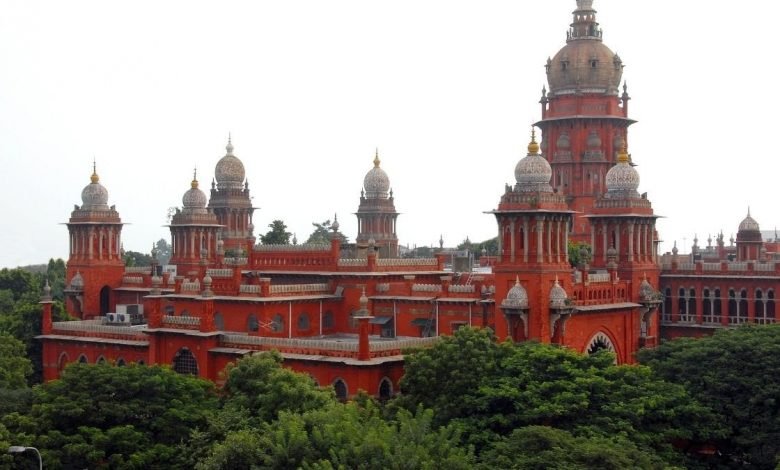IT Rules 2021: Madras High Court Stays 2 Clauses

“Prima facie, there is substance to the petitioner’s grievance that the Govt’s oversight mechanism under the IT Rules, to control the media may rob the media of its independence, and the fourth pillar of democracy may not exist at all”
The Madras High Court on Thursday, stayed the operation of a key provision of the Information Technology Rules, 2021. Enacted in May this year, the provision established a Central government oversight mechanism to regulate social media and digital media platforms. The court while doing so, highlighted the importance of freedom of speech and expression in a democracy.
High Court’s observations on IT Rules
“Prima facie, there is substance to the petitioner’s grievance that the Government’s oversight mechanism under the IT Rules, to control the media may rob the media of its independence, and the fourth pillar of democracy may not exist at all,” a bench comprising Chief Justice Sanjib Banerjee and Justice P D Audikesavulu observed, while staying the operation of Rules 9(1) and 9(3) of the Information Technology (Guidelines) Act.
The stayed provision of the IT Rules
Sub-Section 1 of Rule 9 of the IT Rules establishes a portal to be set up by the Ministry of Information and Technology for receiving complaints against media platforms, while sub-Section 3 generates an acknowledgment of every complaint within 24 hours of receiving the complaint, which is then referred to the media platform concerned and the IT Ministry of Record.
This is the second time a High Court has cited the right to freedom of expression while staying a provision of the IT Rules. The Bombay High Court stayed Rule 9(1) and 9(3) on August 14 because they are “manifestly absurd and go beyond the IT Act, its goals and provisions,” according to the court.
The Bombay High Court had then stated, “The ambiguous and expansive wording of the Rules bring about a chilling effect qua (regarding) the right of writers/editors/publishers to freedom of speech and expression because they can be hauled up for anything if the authorities so desire.”
The provision was challenged in the Madras High Court by the Digital News Publishers Association, which includes ABP Network Private Limited, Amar Ujala Limited, DB Corp Limited, Express Network Pvt Ltd, HT Digital Streams Ltd, IE Online Media Services Pvt Ltd, Jagran Prakashan Limited, Lokmat Media Private Limited, NDTV Convergence Limited, TV Today Network Limited, The Malayala Manorama Co (P) Ltd, Times Internet Limited and the Ushodaya Enterprises Private Limited.
The petitioners are wary of the Central Government’s supervisory mechanism, as mentioned in the final tier of the regulatory procedure, for understandable reasons, the Madras High Court observed on Thursday.
The High Court also looked at Rule 3(1)(c), which allows users’ access or usage rights to be revoked if media platforms fail to comply with grievance redressal rules.
“Though the petitions were filed by website hosts, social media platforms on the internet are used by everyone, and there is a genuine fear, as the petitioners say, that a wink or a nod from the relevant quarters may result in the platform being inaccessible to a citizen,” the order further said.
All social media platforms must set up grievance redress and compliance systems, which include designating a resident grievance officer, chief compliance officer, and nodal contact person, according to the Rules issued under Section 69 of the IT Act. The Rules have been defended in court by the Central government, which claims that they merely extend traditional media norms to digital media platforms without extending the entire Press Council Act and the Cable Television Networks (Regulation) Act to publishers of news and current affairs content on digital media.
Whatsapp has also moved the Delhi HC against the same rules.

